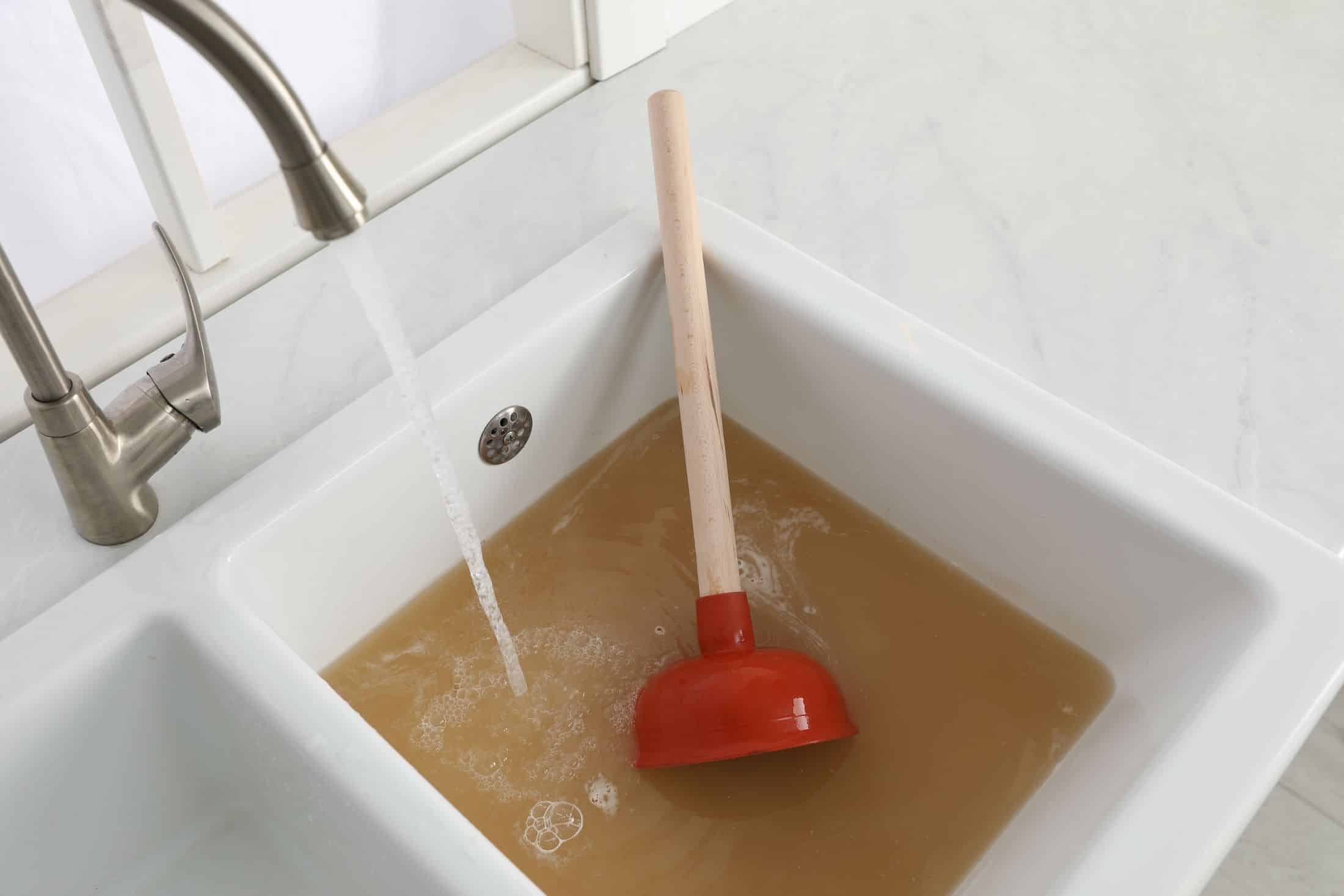A clogged kitchen sink can quickly turn meal preparation and cleanup into a frustrating ordeal. From unpleasant odors to stagnant water and potential damage to your plumbing system, kitchen sink clogs are a headache no homeowner wants to deal with. Fortunately, with a few simple preventive measures, you can keep your kitchen sink flowing smoothly and avoid the hassle of clogs altogether. Keep reading to explore effective tips to prevent kitchen sink clogs and how to maintain a functional and hygienic kitchen environment.

1. Dispose of Food Scraps Properly
Proper disposal of food scraps is one of the most effective ways to prevent kitchen sink clogs. Avoid rinsing large quantities of food scraps down the drain, as they can accumulate and form blockages over time. Instead, scrape leftover food into the trash or compost bin before washing dishes to minimize the risk of clogs.
2. Use a Sink Strainer
Installing a sink strainer or basket in your kitchen sink can help trap food particles, debris, and other solids before they enter the drain. Regularly empty and clean the sink strainer to prevent buildup and ensure optimal drainage.
3. Avoid Pouring Grease Down the Drain
Pouring grease, oils, and fats down the kitchen sink is a common cause of clogs. As these substances cool and solidify, they can coat the inside of the pipes and trap other debris, leading to stubborn clogs. Instead, pour grease into a heat-resistant container and dispose of it in the trash once it has solidified.
4. Run Hot Water While Using the Disposal
When using the garbage disposal, running hot water can help flush food particles and grease down the drain more effectively. After using the disposal, continue running hot water for a few seconds to ensure thorough flushing and prevent buildup in the pipes.
5. Regular Maintenance and Cleaning
Regular maintenance and cleaning can help prevent kitchen sink clogs and prolong the life of your plumbing system. Periodically flush the drain with hot water and vinegar or baking soda to dissolve grease and mineral deposits. Consider scheduling professional drain cleaning services annually to remove any stubborn buildup and ensure optimal drainage.
6. Be Mindful of What You Put Down the Drain
Be mindful of what you put down the kitchen sink drain to avoid potential clogs. Avoid disposing of fibrous or stringy foods, coffee grounds, eggshells, pasta, rice, and other materials that can expand or clump together and create blockages. Dispose of these items in the trash or compost bin instead.
Is it Too Late for Your Kitchen Sink?
By following these simple tips to prevent kitchen sink clogs, you can keep your kitchen flowing smoothly and avoid the hassle and expense of dealing with stubborn blockages. But if it’s too late for your kitchen sink and it has already become clogged, let the Master Plumbers of Michael Runk Plumbing and Heating help. We swiftly and safely remove clogs and get your plumbing back on track so you can get back to your routines. Contact us today to schedule an appointment.
